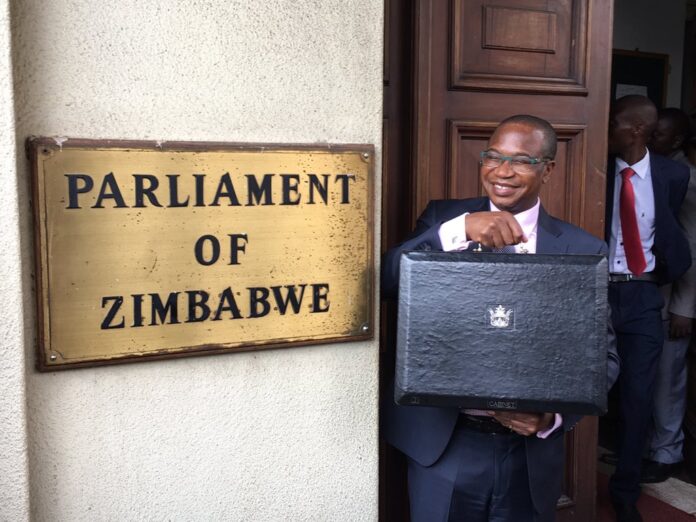Ryan Chigoche
HARARE – Despite being instructed by the International Monetary Fund (IMF) to implement a US dollar (USD) budget in order to control inflation, the government has said that the 2024 budget, which will be released on November 30th, will be in local currency.
The IMF was concerned about the country’s high inflation, which is being exacerbated by the use of the Zimbabwe dollar (ZWL), according to several experts.
The IMF expected a USD budget to assist stabilize the Zimbabwean economy and cut inflation, which would be a huge step forward for the country’s economy.
Ignoring calls from the IMF speaking on the sidelines of the Risk Management Framework for the Public Sector launch, Finance Mininster Mthuli Ncube said the budget will be in ZWL as it is the official currency of the country.
”The Zimbabwean Dollar is our currency, and we have got every right to present our budget in our currency. We also have the right to convert ZWL amounts to US$ or any other currency within the multicurrency regime, so i don’t think its a USD vs Zim . The budget is in our domestic currency, and we are sticking to our guidelines in terms of policy,” Ncube said.
He added that the soon-to-be announced budget will be focused on supporting social protection programs while at the same time stimulating economic growth through incentives and investments in infrastructure.
The budget, which is expected to be announced in the coming weeks and will outline the government’s plans for spending and revenue for the 2024 fiscal year.
Several considerations influenced the decision to adopt a ZWL budget, including the necessity to reclaim monetary sovereignty. This reliance on a foreign currency has hampered the government’s ability to oversee monetary policy and respond to economic shocks.
Also, the move was influenced by the need to promote the use of local currency as implementation of a ZWL budget is projected to increase the use of the Zimbabwean dollar in domestic transactions, perhaps boosting economic activity and growth.
However, various economists are concerned about the potential risks of Zimbabwe’s plan to introduce a ZWL budget in 2024. They fear that the move could reignite inflation, erode public confidence, and hinder economic growth.
The move to a ZWL budget could disrupt economic activity and hinder growth. This is because businesses may be hesitant to invest if they are uncertain about the future of the currency. As a result the government will need to take steps to mitigate this risk, such as providing incentives for businesses to invest and providing support to the financial sector.
Overall, there are both potential benefits and risks associated with Zimbabwe’s plan to introduce a ZWL budget. The government will need to carefully manage the risks and implement sound economic policies to ensure that the transition is successful. If done correctly, the ZWL budget could play a crucial role in stabilizing the economy, promoting growth, and restoring Zimbabwe’s monetary sovereignty.
Meanwhile the Zimbabwean government has said that it is committed to ensuring the success of the ZWL budget and has put in place a number of measures to try to avoid the problems of the past.











